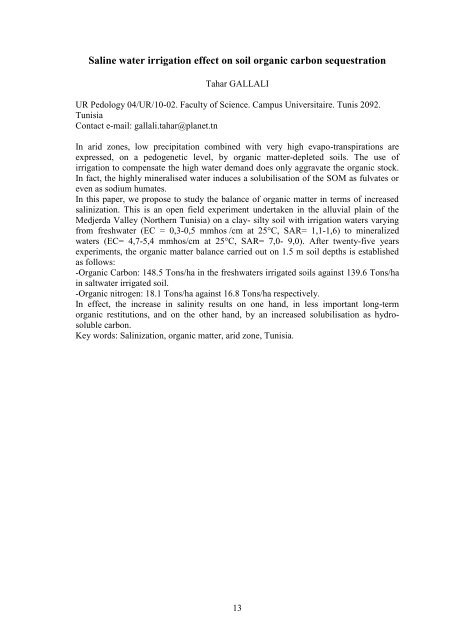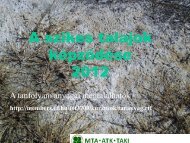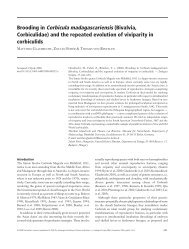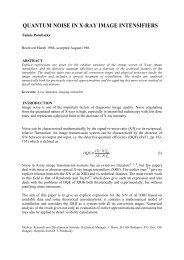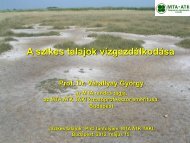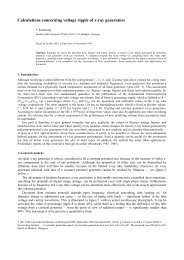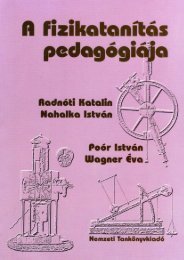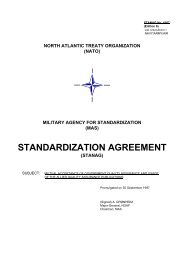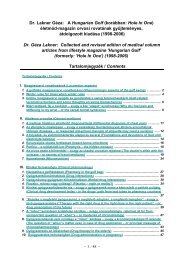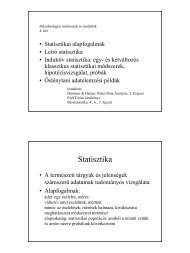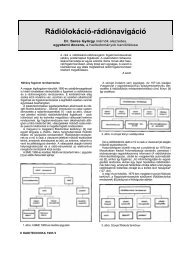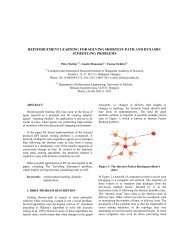Abstract form
Abstract form
Abstract form
Create successful ePaper yourself
Turn your PDF publications into a flip-book with our unique Google optimized e-Paper software.
Saline water irrigation effect on soil organic carbon sequestration<br />
Tahar GALLALI<br />
UR Pedology 04/UR/10-02. Faculty of Science. Campus Universitaire. Tunis 2092.<br />
Tunisia<br />
Contact e-mail: gallali.tahar@planet.tn<br />
In arid zones, low precipitation combined with very high evapo-transpirations are<br />
expressed, on a pedogenetic level, by organic matter-depleted soils. The use of<br />
irrigation to compensate the high water demand does only aggravate the organic stock.<br />
In fact, the highly mineralised water induces a solubilisation of the SOM as fulvates or<br />
even as sodium humates.<br />
In this paper, we propose to study the balance of organic matter in terms of increased<br />
salinization. This is an open field experiment undertaken in the alluvial plain of the<br />
Medjerda Valley (Northern Tunisia) on a clay- silty soil with irrigation waters varying<br />
from freshwater (EC = 0,3-0,5 mmhos /cm at 25°C, SAR= 1,1-1,6) to mineralized<br />
waters (EC= 4,7-5,4 mmhos/cm at 25°C, SAR= 7,0- 9,0). After twenty-five years<br />
experiments, the organic matter balance carried out on 1.5 m soil depths is established<br />
as follows:<br />
-Organic Carbon: 148.5 Tons/ha in the freshwaters irrigated soils against 139.6 Tons/ha<br />
in saltwater irrigated soil.<br />
-Organic nitrogen: 18.1 Tons/ha against 16.8 Tons/ha respectively.<br />
In effect, the increase in salinity results on one hand, in less important long-term<br />
organic restitutions, and on the other hand, by an increased solubilisation as hydrosoluble<br />
carbon.<br />
Key words: Salinization, organic matter, arid zone, Tunisia.<br />
13


